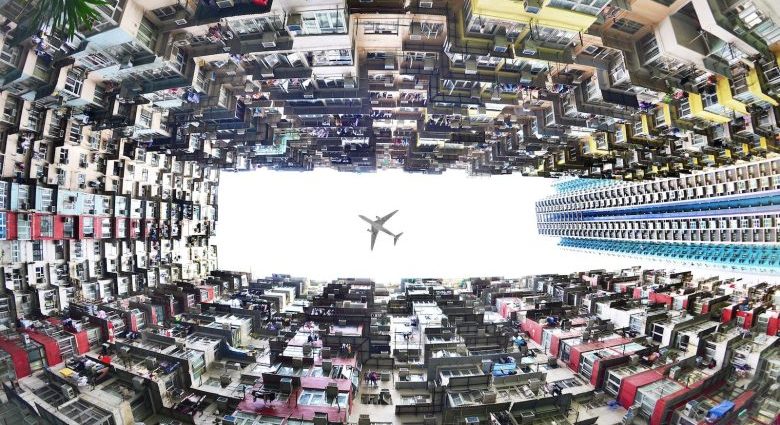This story was originally published by ProPublica.
The Filipino social worker on the phone was 8,500 miles away. But it was clear from her tone that she was more concerned about the broken guardianship system in America’s most populous city than most New Yorkers are.
How could it be, she asked me, that judges across the five boroughs can assign a guardian to watch over some of society’s most vulnerable people and know nothing, really, about their appointee’s ability to do the job? Wasn’t there a state agency that licenses the delicate position? Or one that polices guardians to ensure that they follow best practices?
I had called her hoping she could help me answer some of those very questions. She had worked for a company called New York Guardianship Services, one of roughly a dozen organizations that the city relies on to care for its most vulnerable. The firm had outsourced some of these tasks to the Philippines as a cheap way to handle the complicated insurance, banking and health care needs of hundreds of people. The sheer volume of work was overwhelming.
In fact, the social worker found the whole arrangement so unmanageable, she told me, that she quit after six months.
When most people think of guardianships, they think of Britney Spears or Brooke Astor. But my reporting had been driven by a more common experience: What happens to people who aren’t worth millions whom a judge has deemed incapable of managing their own affairs?
Months of digging through court records and interviewing experts, lawyers and others had revealed a heartbreaking answer. New York’s system was in shambles, I was learning, overtaxed and unable to adequately serve the needs of the 28,619 people under its care, more than 60% of whom live in New York City. This was particularly true for poor residents who had nobody else to take care of them, known in industry parlance as “the unbefriended.”
For these folks, judges had turned to a loosely regulated network of nonprofits to serve as guardians. Some of these organizations took advantage of their wards instead. A top executive of one group was convicted of stealing from a ward’s bank account; another had to repay hundreds of thousands of dollars its executives had improperly loaned themselves.
NYGS, which the social worker I spoke to worked for, had emerged as one of the largest providers in the system, responsible for managing the finances and health care of hundreds of city residents. It represented itself as a nonprofit in court filings and promotional materials, but it is neither registered with the state as a charity nor with the Internal Revenue Service as a tax-exempt organization. To cut costs, the Brooklyn-based company had hired foreign workers, including my Filipino source.
I discovered her complaints about NYGS’s low standards of care in internal records I obtained as well as in interviews with former employees, who ultimately pointed me to a longtime ward of NYGS named Judith Zbiegniewicz as an example of how the organization failed the people entrusted to its care. Her decadelong saga with the company is featured in my ProPublica investigation that was published last week.
NYGS placed Zbiegniewicz in a dilapidated Queens home with a partially collapsed roof, bedbug and rat infestations and frequent heating outages. She complained regularly to caseworkers at NYGS and others about her conditions to no avail, even as the company paid itself $450 each month from her meager funds.
Court oversight was shockingly threadbare. Today, in New York City, there are only 157 examiners to check guardians’ reports on 17,411 people. And just over a dozen judges review their work.
With such thin ranks, what are supposed to be annual reviews of a guardian’s work can instead take years to complete. And the quality of their scrutiny varies widely. The examiners charged with checking Zbiegniewicz’s reports never interrogated spending that would have revealed housing problems. One of them didn’t respond to my questions, and the other said nothing in Zbiegniewcz’s finances indicated improper outlays. That examiner didn’t file reviews for four years of Zbiegniewicz’s guardianship, and she didn’t respond to my questions about the missing reports.
Brothers Sam and David Blau, who run NYGS, declined to be interviewed. Sam Blau, the company’s chief financial officer, said in a statement that as a fiduciary he was barred from answering questions “about any specific client.” However, he noted, “we are accountable to the Court and our annual accounts and reports are scrutinized by Court appointed examiners and any issues would be addressed.” NYGS did not answer written questions about the company’s broader business practices.
In his statement, Blau called ProPublica’s reporting “misguided, without full and proper context, filled with omissions and less than accurate information.” But when asked to specify his concerns, he did not respond.
I explained all of this as best I could to my overseas source. But she remained unconvinced. How can it be that as a society we tolerate such a gaping hole in the safety net for vulnerable people, she asked me. I didn’t have a good answer in real time. But I’ve come to appreciate that unless or until policymakers and judicial leaders decide to address it, our tolerance level will remain pretty high.
Jake Pearson is a reporter in New York. Read the ProPublica investigation here.

